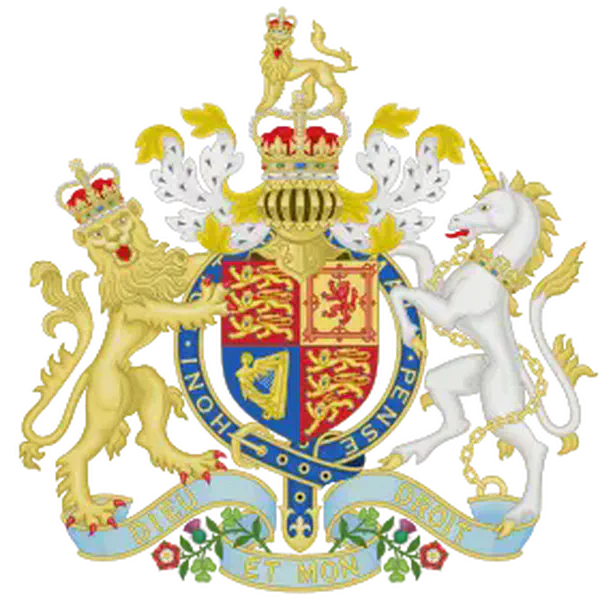
The Ecclesiastical Titles Act Forbids Catholic Bishops to Assume Ecclesiastical Titles Taken From Any Place in the United Kingdom
August 01, 1851
The Ecclesiastical Titles Act of 1851 was a significant piece of legislation passed by the British Parliament in response to concerns about the increasing influence of the Catholic Church in the United Kingdom. The Act specifically forbade Catholic bishops from assuming ecclesiastical titles that were associated with any place in the United Kingdom, including England, Scotland, Wales, and Ireland.
Background
- Restoration of the Catholic Hierarchy: The Ecclesiastical Titles Act was a direct response to the restoration of the Catholic hierarchy in England and Wales by Pope Pius IX in 1850. This move by the Vatican re-established Catholic dioceses and appointed bishops with titles corresponding to English cities and regions, such as the Archbishop of Westminster. This was seen by many in Protestant Britain as a provocative assertion of papal authority in a country where the Anglican Church was established by law.
- Public and Political Reaction: The re-establishment of the Catholic hierarchy led to widespread outrage among Protestants in Britain. There was a fear that the Catholic Church was trying to reclaim its influence over British affairs, a concern rooted in historical tensions dating back to the Reformation and subsequent anti-Catholic sentiments.
Key Provisions of the Ecclesiastical Titles Act
- Prohibition of Titles: The Act made it illegal for Catholic bishops or clergy to assume or use any ecclesiastical title that was derived from a place in the United Kingdom. This meant that Catholic bishops could not officially call themselves by titles such as “Bishop of London” or “Archbishop of Westminster.”
- Penalties: The Act imposed financial penalties on anyone who violated its provisions. It was intended to assert the supremacy of the Anglican Church and prevent the Catholic Church from gaining any formal recognition or influence within the UK.
Impact and Legacy
- Limited Enforcement: Although the Act was passed with much fanfare, it was not rigorously enforced. Catholic bishops in practice continued to use their titles, and the government generally chose not to prosecute violations. This limited enforcement highlighted the difficulties of enforcing such a law in a changing society where religious tolerance was gradually increasing.
- Repeal: The Ecclesiastical Titles Act was eventually repealed in 1871 by the Liberal government of William Gladstone. By that time, the political climate had shifted, and there was greater acceptance of religious diversity. The repeal of the Act marked a move towards greater religious freedom and the decline of institutionalized anti-Catholicism in Britain.
- Catholic Emancipation: The Act is often seen in the broader context of Catholic Emancipation, a process that began in the late 18th century and culminated in the 1829 Catholic Relief Act, which allowed Catholics to sit in Parliament and hold public office. The Ecclesiastical Titles Act was a temporary setback in this process, but its eventual repeal reflected the ongoing progress towards full religious equality.
The Ecclesiastical Titles Act of 1851 was a reflection of the religious tensions of its time, particularly the lingering fears of Catholic influence in a predominantly Protestant nation. However, its limited enforcement and eventual repeal signaled a shift towards greater religious tolerance and the acceptance of Catholicism as a legitimate part of British society.